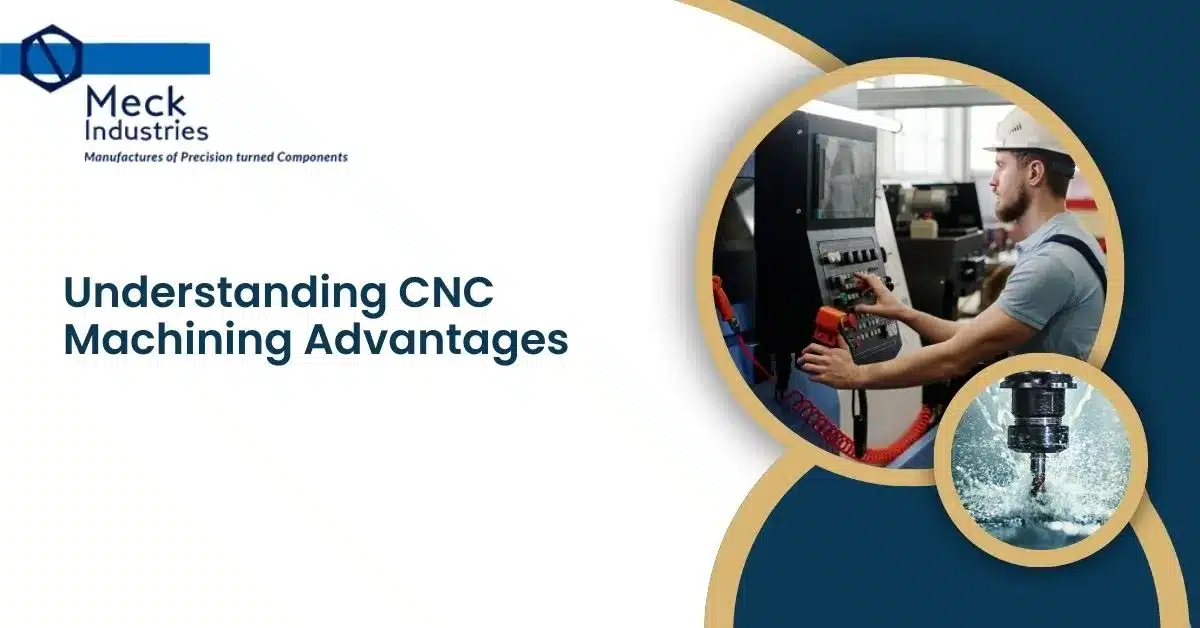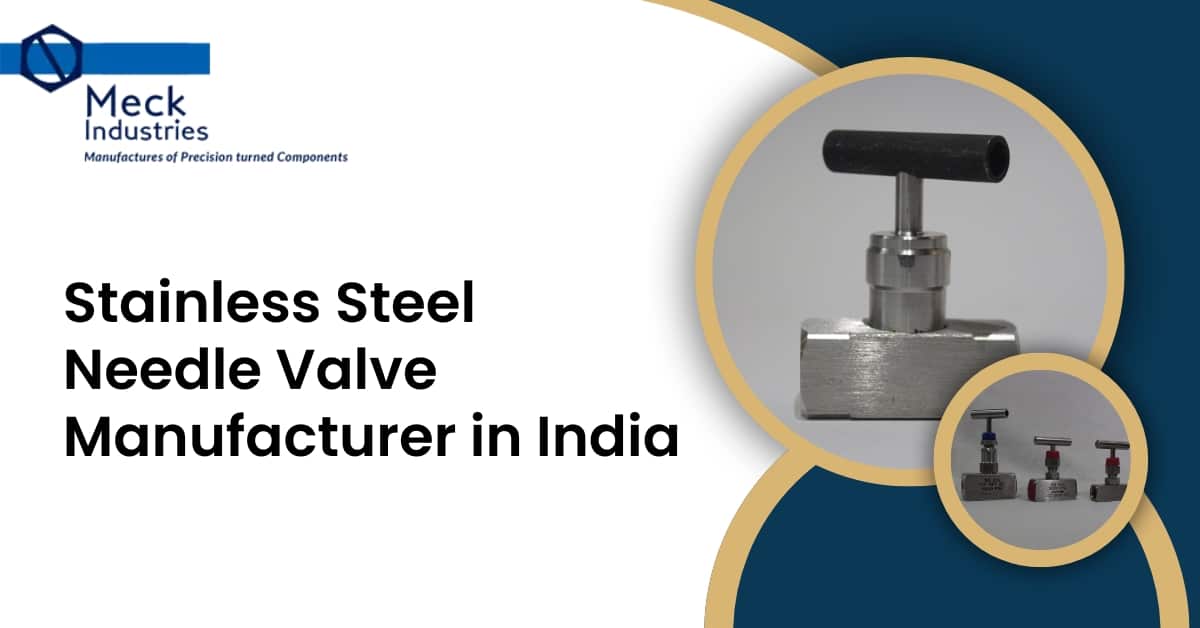
CNC machining has transformed modern manufacturing by providing high precision, automation, and efficiency. Industries such as automotive, aerospace, medical, electronics, oil & gas, telecommunications, industrial machinery, and renewable energy depend on CNC machining for producing complex, high-quality components.
What is CNC Machining?
CNC (Computer Numerical Control) machining is a manufacturing process that uses pre-programmed software to control machine tools, ensuring high accuracy and consistency. This automated approach eliminates human error and enhances productivity, making CNC machining a preferred choice for high-precision industries.
Benefits of CNC Machining
CNC machining provides numerous advantages over traditional manufacturing processes. Here are some of the key benefits:
High Precision and Accuracy
CNC machines achieve ultra-tight tolerances, ensuring consistent quality across production batches. This is critical in aerospace, medical, and electronics industries where precision is crucial.
Increased Efficiency and Automation
Automated CNC machining enables 24/7 production with minimal supervision, improving productivity and reducing labour costs.
Scalability for Large-Scale Production
CNC machining supports both prototyping and mass production. Automotive and industrial machinery manufacturers benefit from its ability to produce identical parts with minimal defects.
Versatility in Material Compatibility
CNC machines can process a variety of materials, including:
- Metals: Aluminium, Stainless Steel, Titanium
- Plastics: ABS, Polycarbonate, PEEK
- Composites & Exotic Materials: Carbon Fiber, Ceramics
This flexibility makes CNC machining ideal for medical implants, aerospace components, and renewable energy parts.
Reduced Material Waste and Cost-Effectiveness
By optimizing material usage, CNC machining minimizes waste and reduces production costs—especially beneficial for oil & gas and electronics manufacturers handling expensive materials.
Safety and Workplace Efficiency
Automated CNC operations enhance workplace safety by reducing direct human interaction with cutting tools, which is vital in high-risk industries like industrial machinery and telecommunications.
Ability to Produce Complex Geometries
CNC machines can create intricate designs and complex parts that traditional methods cannot. Medical and aerospace industries rely on this for custom implants, turbine blades, and high-performance engine components.
Essential CNC Machine Parts and Their Functions
To understand CNC machining better, let’s look at the key CNC machine parts that contribute to its precision and efficiency.
- CNC Controller
The brain of the machine, responsible for interpreting digital instructions and controlling movements.
- Spindle
Holds and rotates the cutting tool at high speeds to perform machining operations.
- Cutting Tools
Includes drills, end mills, and lathes, which shape materials according to programmed designs.
- Worktable
Holds the raw material securely during machining operations.
- Servo Motors
Enables precise movement of the machine in multiple directions.
- Coolant System
Regulates temperature and prevents overheating, ensuring smooth cutting and extended tool life.
- Tool Changer
Automatically switches tools based on the machining requirements, improving efficiency.
- Frame and Base
Provides structural stability, minimizing vibrations for enhanced precision.
Are you looking for CNC machining Parts? Contact us today to explore how CNC technology can optimize your production!
CNC Machining Applications Across Industries
CNC machining plays a critical role in various industries, helping produce components with high precision and durability.
1. Automotive Industry
- Engine components and transmission parts
- Custom prototypes for new vehicle models
- High-performance electric vehicle (EV) parts
2. Aerospace & Defence
- Lightweight, high-strength aircraft components
- Precision turbine blades and engine parts
- Military-grade components
3. Medical & Healthcare
- Surgical instruments and orthopaedic implants
- Dental prosthetics and custom medical devices
- High-precision diagnostic machine components
4. Electronics & Electrical Industry
- Circuit board enclosures and heat sinks
- Micro-machined components for electronics
- Electrical connectors and semiconductors
5. Oil & Gas Industry
- High-pressure valves and pipeline components
- Durable parts for drilling and extraction
- Corrosion-resistant offshore platform components
6. Telecommunications
- Fiber optic components and signal transmission equipment
- Custom casings for communication devices
- Antenna structures and waveguides
7. Industrial Machinery & Equipment
- Heavy-duty gears and machine tool components
- Robotic automation systems
- High-performance bearings and shafts
8. Renewable Energy
- Wind turbine components and solar panel frames
- High-efficiency battery enclosures
- Custom parts for sustainable energy solutions
Future of CNC Machining
CNC machining is continuously evolving with:
- AI-driven automation for enhanced precision
- 5-axis CNC machining for complex geometries
- Sustainable manufacturing for eco-friendly production
Frequently Asked Questions
What are the benefits of CNC programming?
CNC programming enhances precision, automation, and efficiency in manufacturing. It reduces human error, improves repeatability, and enables complex designs with minimal waste.
What is the main purpose of CNC machines?
The primary purpose of CNC machines is to automate manufacturing processes, ensuring high accuracy, consistency, and productivity across various industries, including aerospace, automotive, and medical.
What are the strengths of CNC?
CNC machining offers high precision, scalability, and versatility. It allows for fast production, reduced material waste, and the ability to create intricate components with tight tolerances.
Conclusion
The benefits of CNC machining make it a crucial technology across industries. Whether you’re in automotive, aerospace, medical, or renewable energy, CNC machining ensures efficiency, precision, and cost-effectiveness.



